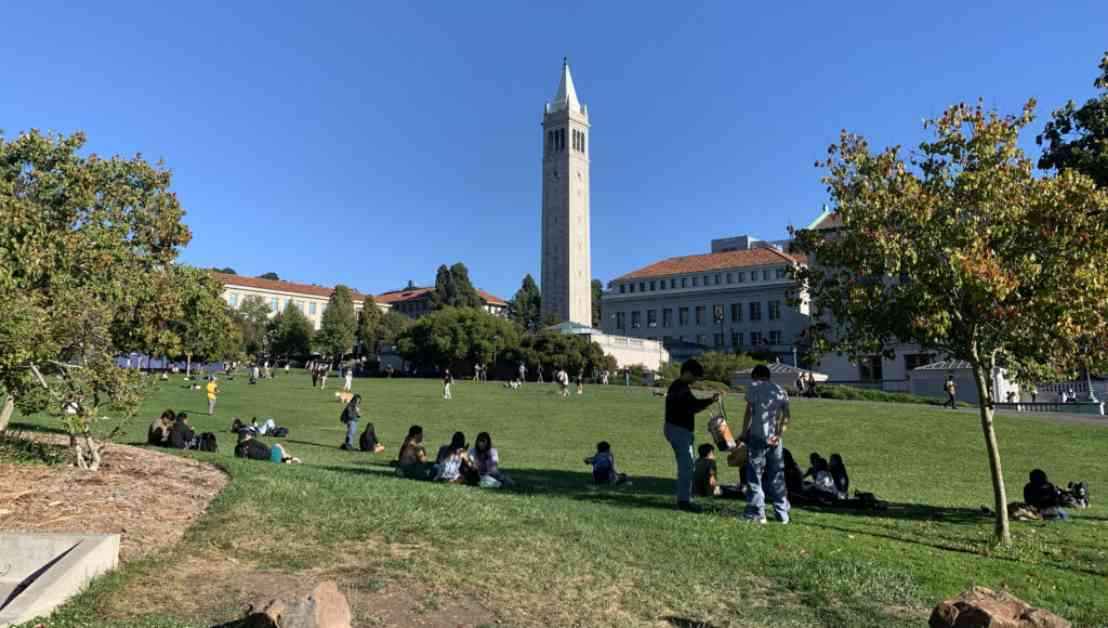In January, with the arrival of a new administration in Washington, D.C., uncertainties loomed over how higher education would be impacted. Candidate Donald Trump, during his campaign, made promises to “end wokeness” and close the U.S. Department of Education, sparking concerns across college campuses.
To gauge the expectations and apprehensions of students, members of EdSource’s California Student Journalism Corps posed a crucial question to students at 13 California colleges and universities: “What are your hopes for the new Trump administration regarding higher education? What are your concerns?” The responses highlighted a range of thoughts on financial aid, deportation, diversity, equity, inclusion, and research funding.
Concerns about Diversity and Inclusion
One student, McCullough, expressed concerns about the potential impact of policies targeting diversity, equity, and inclusion. She worried that bans on such initiatives could diminish the diversity on college campuses, leading to less empathy and understanding among students from diverse backgrounds. The potential funding cuts for programs supporting transgender students also raised alarms about the accessibility of essential resources.
Mejias, an immigrant student, shared his personal struggle and fears amid the changing social climate and immigration attitudes. His hopes to transfer to Cal Poly San Luis Obispo underscored the impact of policies on international students and the uncertainty surrounding their future in the U.S.
Challenges in Research Funding and Academic Inclusion
Garcia’s concerns reflected the repercussions of the freezing of NIH funds on research projects and academic opportunities. The uncertainties surrounding research funding and support for diverse groups in academia painted a disheartening picture of the future of biomedical research.
Martinez, echoing similar sentiments, expressed anxiety about the potential federal funding cuts for education and research. The restrictive immigration policies and their impact on international students’ access to education and opportunities highlighted the broader implications of the changing administration on global talent and innovation.
Neal’s observations delved into the administration’s dismissal of scientific facts and its implications for educators and researchers. Media literacy emerged as a critical skill in navigating the influx of information and misinformation, emphasizing the importance of critical thinking in the current political climate.
Observations by Martires and Rice highlighted concerns about defunding higher education, censoring controversial topics, and undermining the value of diverse academic perspectives. The potential impact on courses related to climate change, race theory, and gender studies underscored the threats to academic freedom and educational quality under the new administration.
Hopes for Inclusivity and Academic Progress
Despite the prevailing concerns, students like Munyoki shared hopes for continued support for minority backgrounds in higher education. The importance of investing in AI infrastructure while preserving humanities-related departments reflected a desire for balanced growth and innovation in academic fields.
McFadden and Dodson’s reflections on the significance of education funding and diversity programs underscored the vital role of higher education in driving technological advancements and societal progress. The apprehensions over potential cuts and policy changes highlighted the need for sustained investment in academic resources and opportunities for all students.
In conclusion, the responses from students across California underscored a mix of hopes and concerns regarding the new administration’s impact on higher education. As policies unfold and decisions are made, the challenges and opportunities facing students, educators, and researchers will continue to shape the landscape of academic institutions in the years to come. The uncertainty and anticipation surrounding the future of higher education underscore the importance of advocacy, resilience, and unity in navigating the evolving educational landscape.




















